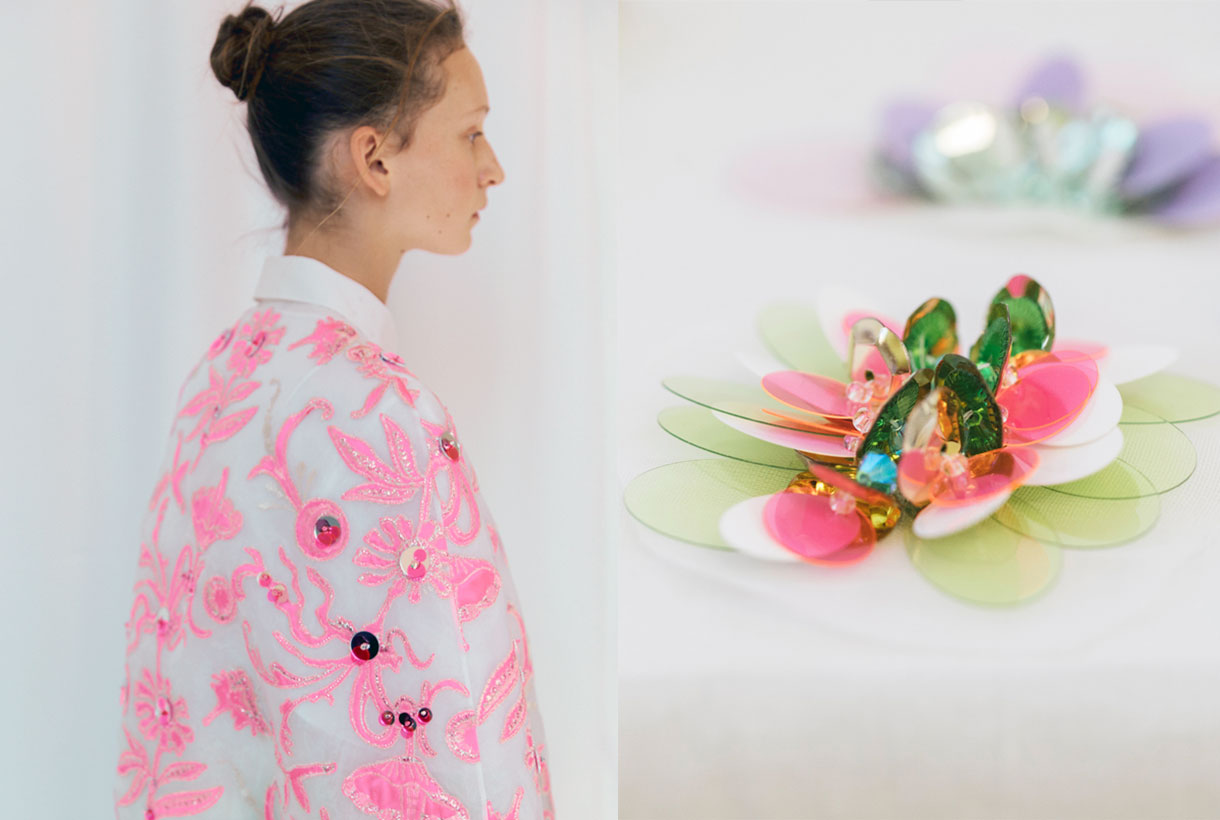 This summer the Spanish fashion industry received sad news that made evident once again the ups and downs that the sector is going through in an unstable time. Delpozo, one of the made in Spain firms with the greatest international projection, announced that it was closing its doors. After more than 47 years of history, the heir to the homonymous brand Jesús del Pozo has had to face liquidation due to the impossibility of reaching a sale agreement that could rescue them. A decision that puts an end to one of the most iconic brands in the country that has dressed countless models, movie personalities and even royals with their dream designs.
This summer the Spanish fashion industry received sad news that made evident once again the ups and downs that the sector is going through in an unstable time. Delpozo, one of the made in Spain firms with the greatest international projection, announced that it was closing its doors. After more than 47 years of history, the heir to the homonymous brand Jesús del Pozo has had to face liquidation due to the impossibility of reaching a sale agreement that could rescue them. A decision that puts an end to one of the most iconic brands in the country that has dressed countless models, movie personalities and even royals with their dream designs.

Madrid origins
Jesús del Pozo was founded in 1974 in Madrid and was part of the so-called “fifth commotion”, corresponding to the eighties, and to the generation of the nineties that was made up of designers such as Montesinos, Alvarado, Manuel Piña, Sybilla, Victorio & Lucchino , Amaya Arzuaga, Lydia Delgado or Hannibal Laguna. A firm defender of conceptual design, he began, like other colleagues such as Adolfo Dominguez or Antonio Miró, to design for men. It didn’t take long for the firm to also launch into feminine design and create dresses for independent women with sculptural garments with a childish air. “I avoid the flourishes, I prefer everything that is direct and simple, the feeling attracts me. I’m looking for the essential”, the Madrid-based creator used to argue.
Since its beginnings, Jesús del Pozo was a firm defender of the industrialization of the sector. He released his first perfume, opened new avenues of business and opened a new golden era for the economy of the firm. On a personal level, the creativity of Jesús del Pozo was awarded the Gold Medal for Merit in Fine Arts in 1988, the Cristóbal Balenciaga National Award in 1989 and the Golden Needle in 1981. The designer was also one of the promoters of ACME – Association of Fashion Creators of Spain – and served as president of the association until 2004.

The architectural romanticism of Josep Font
The designer died in 2011 and a year later the Perfumes and Design Group took control of the brand, reformulated its guidelines and passed on the creative management to the Catalan couturier Josep Font. The company changed its name to Delpozo, got back to the catwalk shows and opened stores in the capitals of the world. From 2012 to 2018, Josep Font was able to renew the identity of the Delpozo woman, respecting the foundation of Jesús del Pozo (good taste without excesses) and introducing his own language inspired by the forms of nature. Voluminous pieces, architectural designs, ethereal fabrics and colours that varied between pastel and saturated tones in bewitching colour combinations. Such were the creations under the legacy of the Catalan designer passionate about fashion, architecture and crafts.
Under his legacy, there was a second period of splendor for the brand that was accompanied by an internationalization strategy with shows in New York and London sponsored by fashion icons such as Olivia Palermo and Lauren Santo Domingo. Delpozo’s dresses also populated the most photographed red carpets at festivals, premieres and even the annual Met Gala. At this time, Font was in charge of dressing Zendaya Coleman, Kerry Washington, Margot Robbie, among many other Hollywood actresses. He also dressed the then first lady of the United States, Melania Trump and Queen Letizia in one of the most applauded looks of recent years.

New changes and decline
In 2018, Josep Font left the creative direction of the brand, leaving a successful legacy as a standard-bearer of the brand’s prêt -à-couture. German creator Lutz Huelle took the reins in the wake of his predecessor and sought to expand new clientele in a fast-paced and difficult market for artisan brands. For this, a reduction in prices was made to make fashion more accessible to new generations of consumers. Even so, the firm, little by little, was adrift: they did not get commercial agreements or purchase commitments due to the losses and they stopped producing collections a year later. In the midst of a pandemic, the firm has forever dismissed its romantic and fantasy-filled universe, leaving a void in the Spanish fashion industry. A dream of almost half a century that will be difficult to forget.



